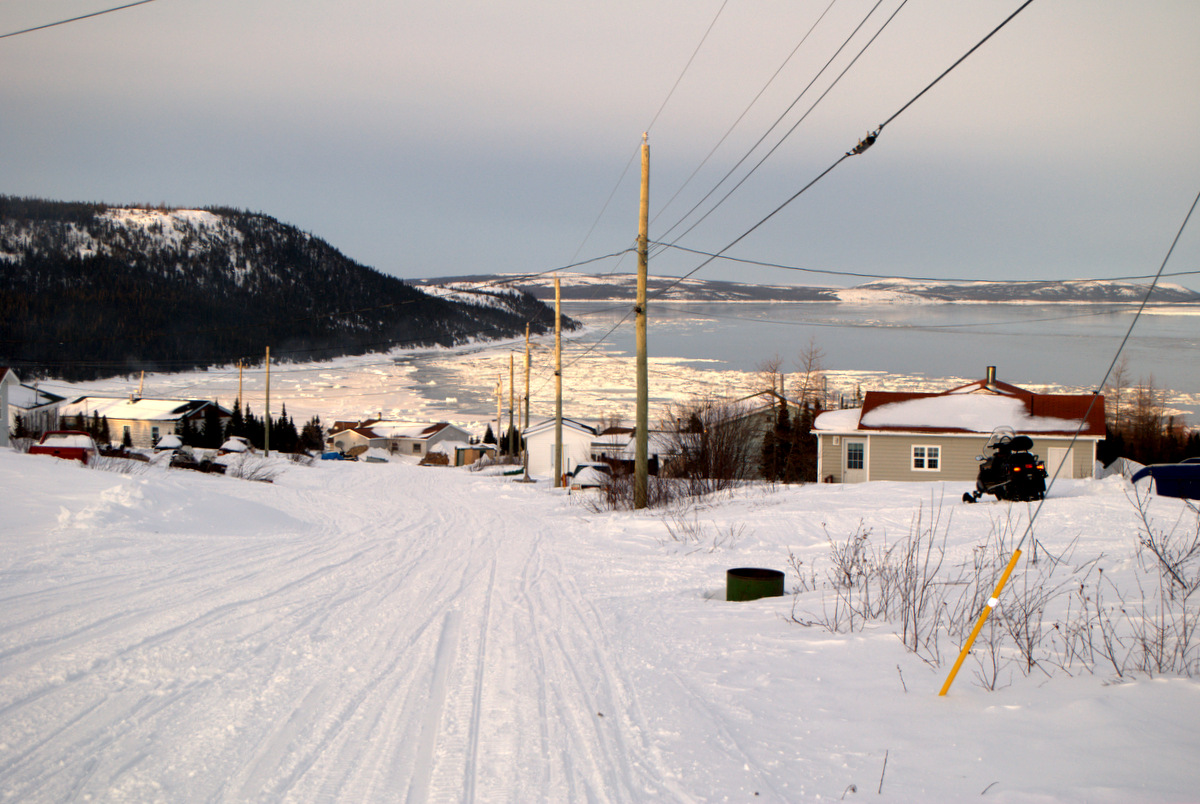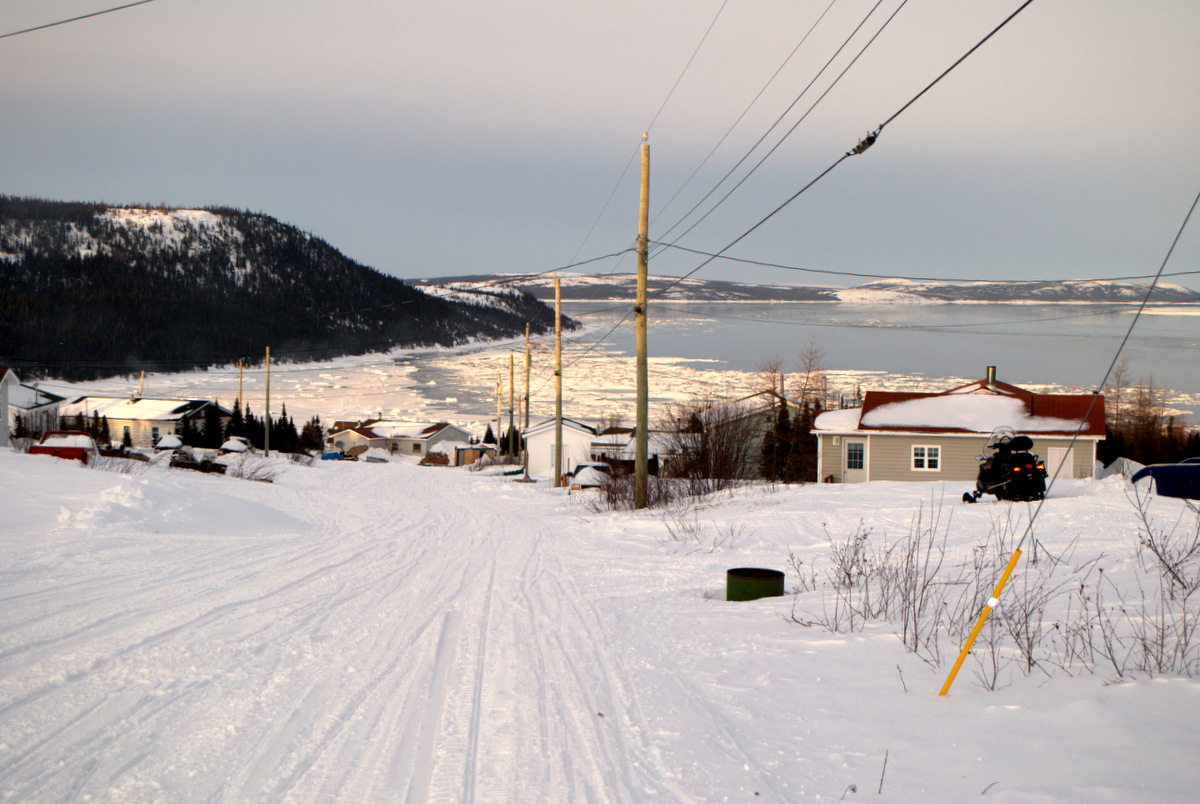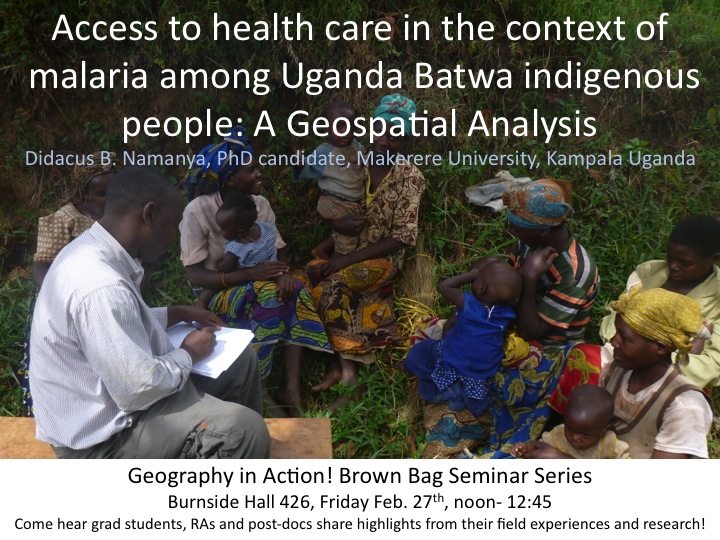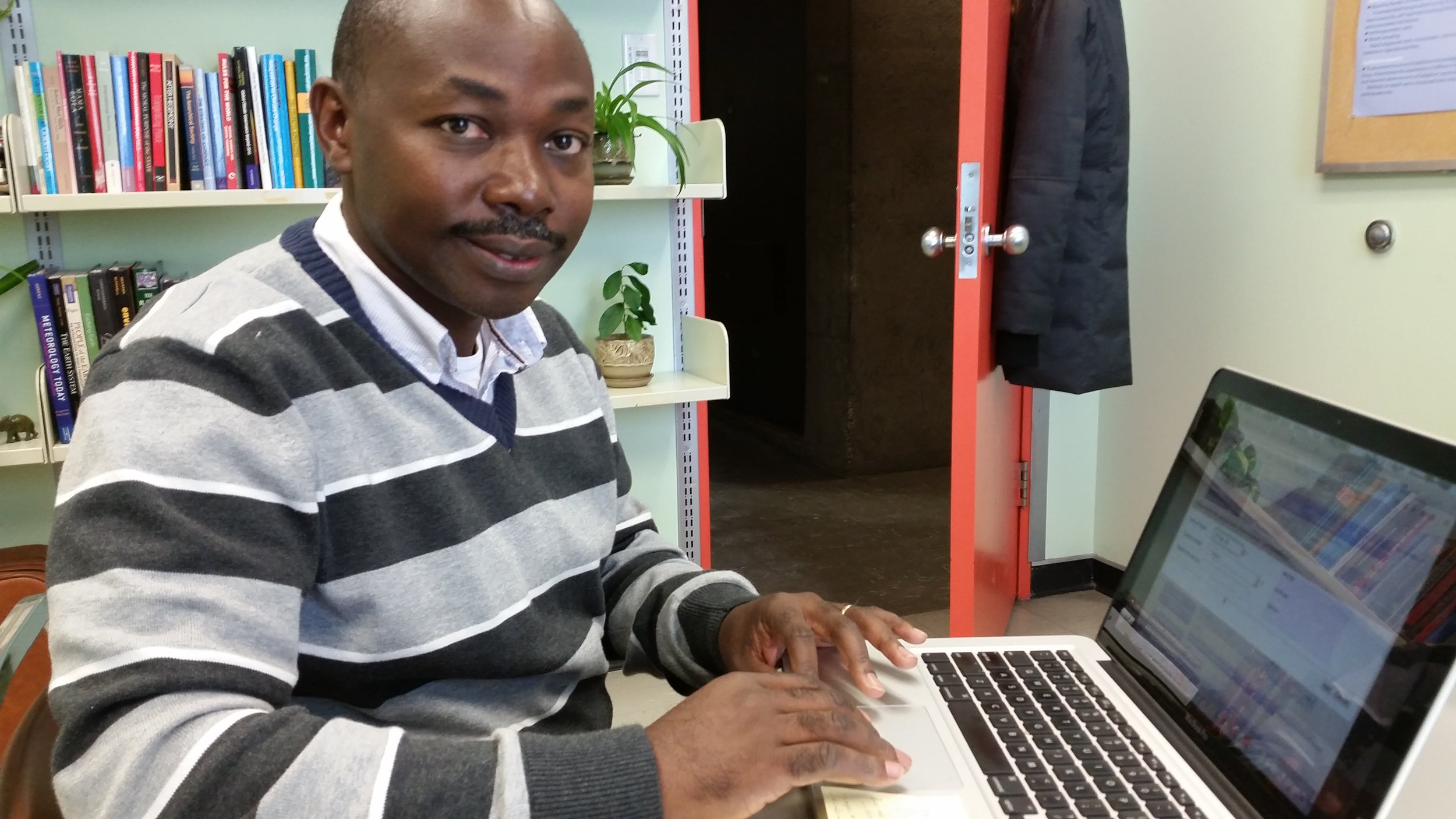This week Masters student Kaitlyn Finner and community-based researchers Inez Shiwak and Lisa Palliser-Bennett are meeting with community members in Rigolet, Nunatsiavut to hear their perspectives on food inventories and photo card interviews that were conducted over the course of a year, from May 2013 to 2014. The participatory methods were adapted for the Rigolet based project and the research team is working to better understand how the methods can be further adapted for future food related research in Rigolet, and other communities that may be interested.
"It’s been a great week so far with lots of interviews and amazing weather, but the real highlight is set to take place this weekend when the 2015 Winter Sports Meet is held at Northern Lights Academy in Rigolet for school teams from along the Northern coast of Labrador!"







